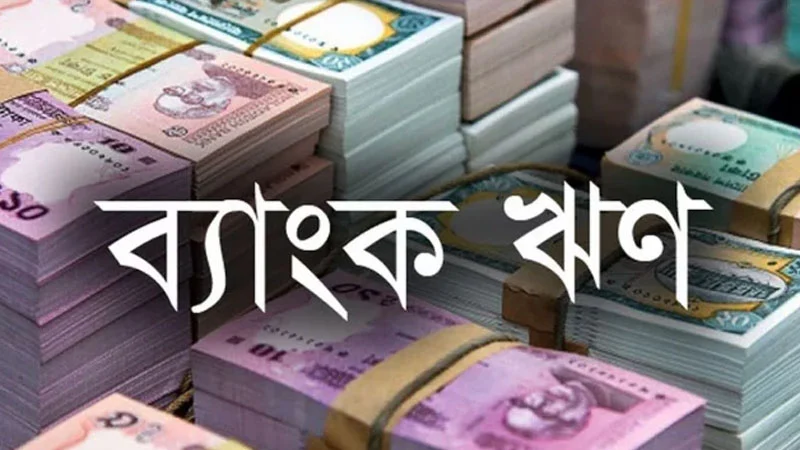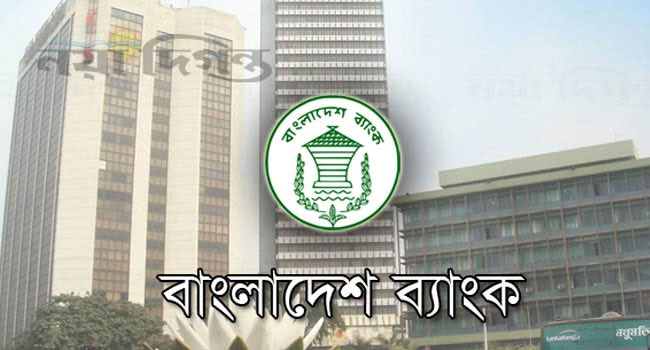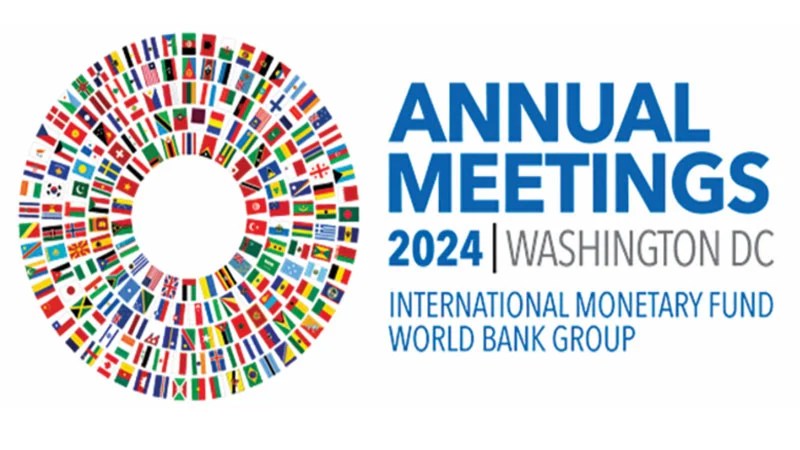Non-performing loans in the non-banking financial institutions sector have further increased. At the end of last June, the defaulted loans of this sector stood at 24 thousand 711 crores, which is 33.15 percent of the total loans. At the end of last December, the amount of defaulted loans was 21 thousand 567 crores, which was 29.27 percent of the loans disbursed till that time. According to this, defaulted loans have increased by Tk 3 thousand 144 crores in six months. This information is known from the sources of Bangladesh Bank.
Bank defaults are increasing more than financial institutions. One of the reasons for this is that financial institutions have been under pressure to show actual defaulted loans for a long time, but this trend has started recently in the case of banks. In the last 6 months in the banking sector, defaulted loans have increased by about Tk 66 thousand crores. At the end of last June, the total debt of the banks was 16 lakh 83 thousand 396 crores. Out of this, 2 lakh 11 thousand 391 crores of Tk which is 12.56 percent have defaulted. At the end of last December, the default was Tk 1 lakh 45 thousand 633 crore. In order to receive IMF loans, banks have to reduce their defaulted loans. The condition has been given to bring down the total loan of private banks to 5 percent and that of government banks below 10 percent.
According to the data of Bangladesh Bank, due to the shortage of funds, loans in financial institutions are not increasing. At the end of last June, the total debt of these institutions stood at 74 thousand 534 crores. At the end of last December, the debt was 73 thousand 683 crores. And at the end of 2022, it was 70 thousand 436 crores. At that time, the defaulted loan was 16 thousand 821 crore which was 23.88 percent of the total loan. This means that in the last year and a half, the debt of financial institutions has increased by only 4 thousand 98 crores. Where defaults have increased by 7 thousand 890 crores. This means defaults have almost doubled compared to loans.
An official of Bangladesh Bank told Samakal that for quite some time, about 10 financial institutions are not able to return the depositor’s money on time. As a result, the entire sector has been negatively affected. Most of the financial institutions are not getting the expected deposits even with much higher interest rates than the banks. Individuals as well as institutional deposits are not getting it. That is why these institutions somehow survive, let alone give new loans. Many financial institutions are now offering 11 to 12 percent interest. The average interest rate on deposits of financial institutions was 9.98 percent last July.
The financial institutions sector was already in bad shape. However, the situation worsened after the People’s Leasing initiative came to the fore in 2019 due to various reasons including depositors not being able to return the money. In this, various frauds of BIFC, International Leasing and FAS Finance occupied by Prashant Kumar Halder (PK Halder) came to light. Amidst these discussions,
customer confidence in the entire sector is reduced. The central bank has taken a number of stringent measures for financial institutions to boost confidence.
Those concerned said that since former secretary Fazle Kabir took over as the governor of Bangladesh Bank, the culture of showing less defaulted loans started through various relaxations. Abdur Rauf became the governor of Talukdar and maintained this continuity. Abu Farah, who has been in charge of Banking Regulations and Policy Department for a long time. By enacting various policies, Nachhar made it possible to hide defaulted loans. In this case, sometimes special arrangements are made to reschedule the loan, sometimes to restructure and sometimes to stay regularly without paying the loan. Until now, banks have been given the opportunity to show less defaults with such concessions. However, several rules have to be tightened to comply with the terms of the IMF’s $4.7 billion loan. Loans are no longer regularized with special concessions. Apart from this, due to the default of term loans, special relaxation is getting up.





